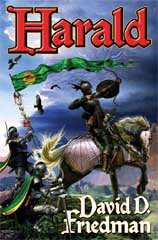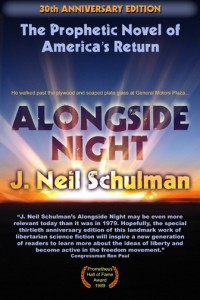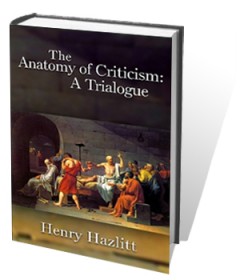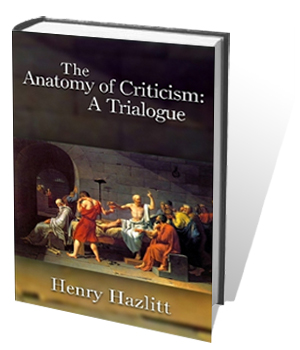
A physicist by training and an economist by vocation, David Friedman, son of famed economist Milton Friedman, is best known in libertarian circles as the author of The Machinery of Freedom, a utilitarian case for anarcho-capitalism.
But David Friedman has also written two fantasy novels: Harald and Salamander. Recently, in two blogposts, he discussed the economics and physics in his fiction. Update: There is a third post on related matters (military logistics) in Harald; be sure to peruse the comments on this one.
In the first post, Friedman references a blogpost by an economist working at the New Zealand Institute of Economic Research about his realization that “Sci-fi needs economists.”1 He can take heart, perhaps, that science fiction authors are becoming more economically literate (or so Gregory Benford believes).
Reading Friedman’s posts reminded me of some things I read and listened to from L.E. Modesitt, Jr., a while back. A professional economist before becoming a full-time science fiction and fantasy author, Modesitt has also discussed how he incorporates the economic point of view into his work (see The Magic of Recluse, for starters) as well as the importance of understanding economics in order to write practical fantasy:
[continue reading…]
Bonus: Reading through the comments, I happened this tidbit: A Travis J. I. Corcoran is working on a science fiction novel titled The Powers of the Earth, “a novel about anarchocapitalism, economics, corporate finance, antigravity, lunar colonization, genetically modified dogs and AI.” According to his website, it’s due out July 2012, so it might be something to keep an eye out for. ↩
















